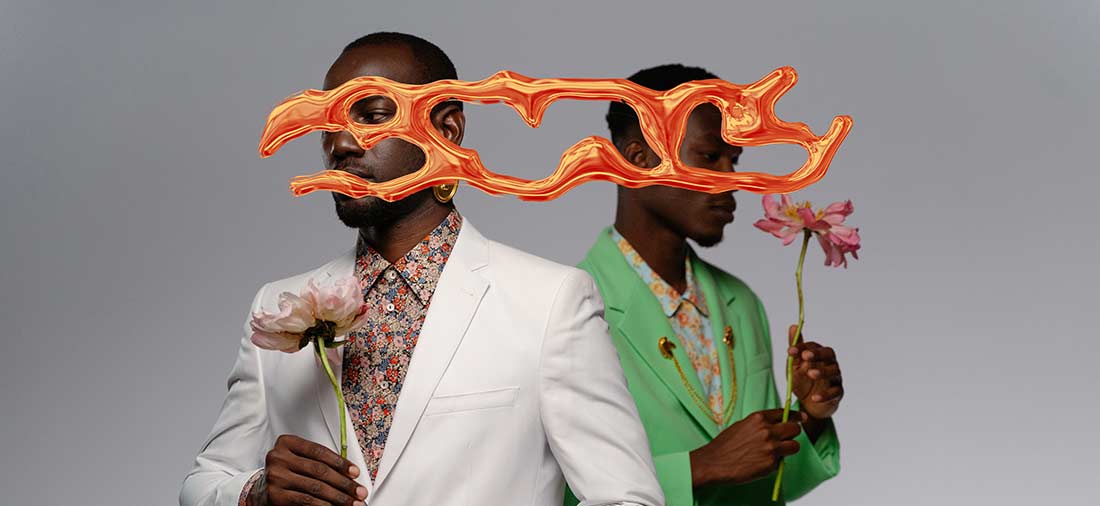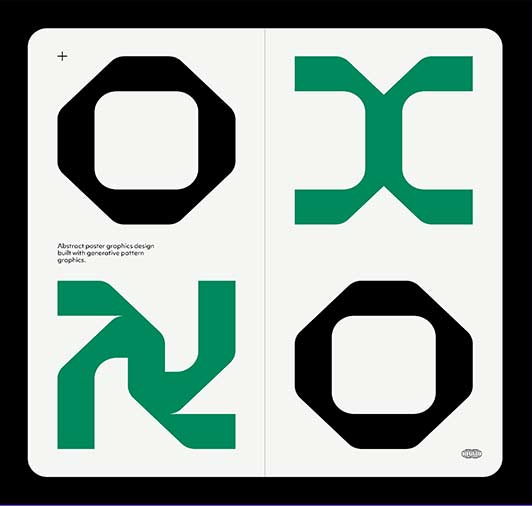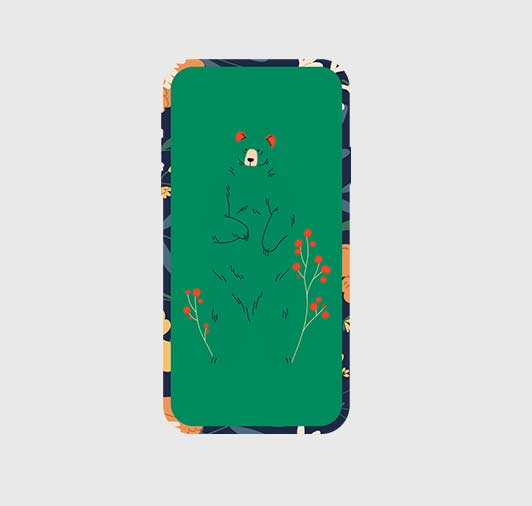New Projects
Who we are
Who we are

Our mission
world. Its mission is to provide pre-high school students (12- to 14/15 -year old learners) with local and affordable access to programs of internationally recognized excellence and relevance, to foster independent and curious learners, critical and creative thinkers, and problem-solving young adults engaged in the world.
Our approach
access to these programs to school-age learners regardless of their academic levels and economic means Our core team of volunteers constantly researches remarkable programs, develop collaborations with originators and educators, and facilitate their adaptation, implementation and deployment.
Our work
, and facilitate their adaptation, implementation and deployment in accordance with Mathisi’s mission.
Our history
and exploring today’s fast evolving and fascinating world. It has been supported by a growing group of outstanding professionals eager to contribute to promoting learning as a way of living and thriving.
Our actions
Our actions

School year 2021/2022
Racecar Challenge with Beaver Works
Panhellenic Robotics Competition for Gymnasio Students, Racecar Challenge In collaboration with Pierce – American College of Greece, and subject to the relevant approval by the IEP
School year 2021/2022
Autonomous Racecar program in collaboration with Beaver Works Summer Institute
Programming (Python)
Computer Vision (OpenCV)
Robotics (Racecar)
This year, both ACG – Pierce and the Moraitis School will have the opportunity to have one team virtually participate in BWSI’s final project and competition week ending August 1, 2021. It will be the first time that Greek students will participate in that competition.
In the works: School year 2021/2022
We are now actively working in collaboration with BWSI and ACG – Pierce, to allow any school in Greece interested in doing so to participate in the miniRACECAR program with the potential to take part in BWSI’s final project and competition week in the summer of 2022. Student teams which will register for the miniRACECAR program, successfully complete it, and wish to aim for a participation in BWSI’s final competition week in 2022 will first participate in a national competition to be held in June, with the winning team representing Greece.
More information will be posted as soon as available.
Autonomous Racecar Program in collaboration the Beaver Works Summer Institute
Together with the American College of Greece – Pierce (“ACG – Pierce”) and the Moraitis School…
School year 2021/2022
The Mathisi STEM Camp took place in the summer 2019 and was hosted by the Moraitis School. During the camp, students were taught in “the MIT way”, with hands-on, immersive learning. They had the opportunity to advance their knowledge in the STEM areas of Science, Technology, Engineering, and Mathematics and then use this knowledge to develop solutions to real problems. Students worked together to design and build innovative projects that they then shared with their communities and families. Both MIT educators and Greek educators facilitated the camp, using resources and materials developed by MIT and adapted for the STEM Camp in Greece. Members of Mathisi Initiative received support from J-WEL to design the camp and select local educators, who assisted in the delivery of the program. The Camp ran for two weeks, in the English language, and was attended by 60 students from 20 different schools.
The Camp’s first week was dedicated to learning a combination of the six science-based modules described in the boxes below and three skill-development activities (Scratch programming, electronics construction models and various tool training).
The Camp’s second week was dedicated to prototyping and building a project on the basis of the knowledge and skills acquired or developed the first week. The last day of the camp, the students presented their project to their peers and family.
Wind Turbine Design & Design Thinking
This activity introduced students to the topic of harnessing the power of the wind for energy and investigates common problems associated with wind turbines, using basic concepts of physics and electrical engineering. In the module, students were acquainted to the methodology of Design Thinking, used the process to design a wind turbine around the needs of a community, and got to build a model in teams.
Internet of Things for Healthy Plants
Students learned about plant processes and used sensors to measure and evaluate plant health and growth and get to use a block-based programing language to remotely monitor and optimize their condition, fostering their understanding of the capabilities of Internet of Things, plant health and different forms of energy.
Exploring Aquatic Microbiome
Students learned foundational biology techniques to explore local Aquatic Microbiome in a hands-on, experimental, and creative manner. Through the use of microscopes, they identified different organisms present in the water and observe their development, investigating the connection between the organisms present in water and local ecology/life systems.
Waterkinesis: EEG-driven boats
Students used concepts of engineering and programing to program and calibrate an EEG-driven system using special headsets. They attempted to drive and control the motion of Lego WeDo motor-driven devices in pools of water in response to changes in human emotional states.
Food as Fuel
In this module, students got acquainted with concepts of chemistry and biology in order to explore the issue of food consumption in our everyday life. They investigated some essential questions about energy and food and experiment using calorie-measuring devices and physical activity.
Ocean Acidification
The module focused on acidity and its effect on the ocean ecosystem, introducing the concept of acidity with solutions, ions, and concentrations. Students were given different household chemicals and drinks and were asked to make hypotheses as to the acidity of each solution before testing them and assess the consequences of the changing pH level on chemical and biological processes taking place in the ocean, such as carbon storage and calcification.
Modules and content development
Drawing on its resources and experience, and in collaboration with local educators, Mathisi is developing a subset of the modules it had offered in its STEM camp with the support of MIT JWEL:
Educational focus
STEM Core,
Cross-disciplinary,
Project-Based,
Collaborative,
Linked to national curriculum,
Real world applications (within the framework of the UN Sustainable Development Goals)
Content design
Each module follows a sequence of sessions which reflects the project-based and cross-disciplinary approach we have adopted throughout our work.
Each session is comprised of a combination of i) “hard knowledge” corresponding to specific content of the national curriculum, ii) hands-on activities where that knowledge is used or experimented, and iii) an assessment tool for the student and teacher to assess whether the knowledge of that session has been understood in the manner that allows the student to use it going forward.
Development
Beyond Mathisi’s prototyping, the modules development includes reviewing, teacher play-testing and in-class testing in collaboration with teachers and educators
Our collaborations
Our collaborations

Read more
Read more
Read more
Read more
Reach out to us
Reach out to us

Whether you are a school teacher, a school administrator, a university professor or have a similar interest in education, and you are interested in our work, please do not hesitate to contact us.
Error: Contact form not found.






